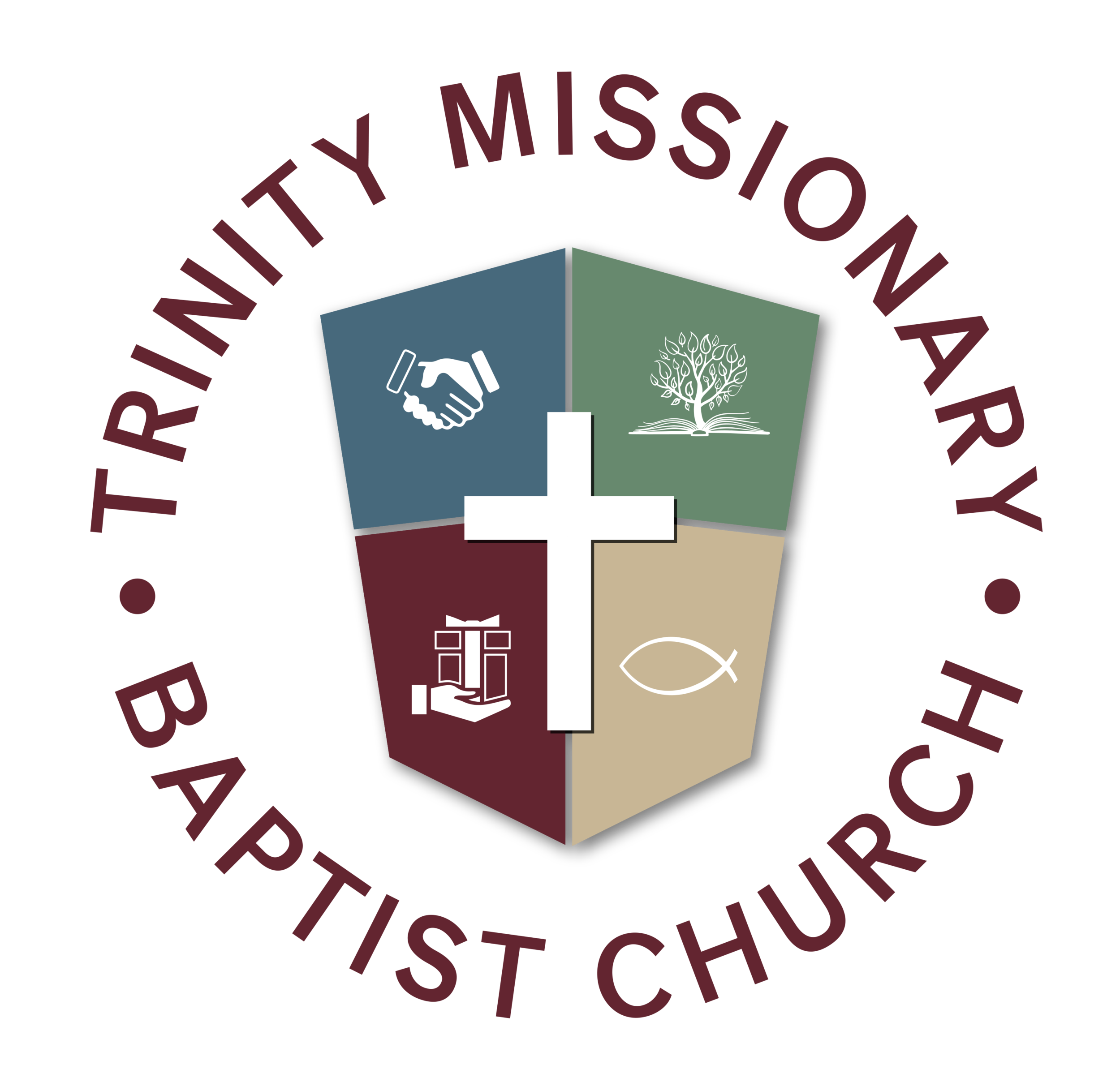A Grateful Heart
In her book entitled Grateful, Diana Butler Bass challenges readers to see the importance of living through a grateful versus ungrateful heart. The following excerpt from her book argues for the transformative power of gratitude.
The seat of gratitude is the heart. Yet the workings of our hearts remain, in many ways, mysterious. On December 27, 2016, sixty-year-old Carrie Fisher, star of the Star Wars films and noted author, unexpectedly passed away from complications following a heart attack. The next day, celebrated Hollywood actress Debbie Reynolds, and mother of Carrie Fisher, died at age eighty-four. A headline in the New York Times asked: “Did Debbie Reynolds Die of a Broken Heart?”
And that is a real thing: stress-induced cardiomyopathy, known as “broken heart syndrome,” when people who are particularly close die within a short time of one another. Indeed, that happened to my great-great-grandparents. Married for almost sixty years at a time when few people lived so long, they passed away within an hour of each other. Was it broken heart syndrome?
The death certificate for my great-great-grandparents does not say “broken heart.” But the heart is a complex organ, necessary to all of life and susceptible to injury of both body and soul. Even though we human beings did not always understand its biological functions, somehow, we came to celebrate the heart as the seat of emotions, confusing biological existence with the feelings that make our lives both miserable and glorious.
During the last two decades, researchers have discovered real links between the heart and gratitude. Indeed, multiple studies demonstrate connections between well-being (life satisfaction and happiness), physical health, and gratitude. In heart patients who are asymptomatic, researchers found that those who were grateful slept better, were less depressed and tired, and were more self-aware and confident, with lower risks of inflammation. According to one study, gratitude is a dimension of “spirituality and/or religious wellness;” it suggests that gratitude interventions might lower the risk of heart disease. “It seems that a more grateful heart,” says researcher Paul Mills, “is indeed a more healthy heart” (Bass, 2018, pp. 27-28).
After reading Bass’ perspective about having grateful hearts, I perused what some might consider a lesser-known psalm, where the psalmist displayed a heart of trust and gratitude. In Psalm 28:7, the psalmist stated, “The Lord is my strength and my shield; my heart trusts in Him, and I am helped; therefore, my heart exults, and with my song, I shall thank Him.” Ironically, the psalmist did not open Psalm 28 with gratitude. Instead, he opened the psalm with grave trust and pleas because he had people around him who did not mean him well (Ps. 28:3-5). The psalmist pointed out his enemy’s lack of trust in God when he observed, “They do not regard the works of the Lord nor the deeds of His hands” (Ps. 28:5). The psalmist contrasted his enemies’ lack of trust with his wholehearted trust in the Lord. How did the psalmist declare his trust in the Lord?
As he opened Psalm 28, the psalmist acknowledged his trust by metaphorically declaring God as his “rock” (Ps. 28:1). He turned to God for protection and needed provisions (Ps. 28:2). He felt doomed if the Lord did not hear and respond to his urgent plea (Ps. 28:1). Thankfully, the psalmist transitioned from hostile troubles to anticipatory trust when he said, “Blessed be the Lord because he has heard the voice of my supplication” (Ps. 28:6). After he stated his anticipatory trust, the psalmist praised God for providing the “strength” and protection (“shield”) to endure his season of suffering (Ps. 28:7). The psalmist knew he could not faithfully endure his hardship unless God provided the strength and protection he requested. Thus, he could confidently trust in the Lord to be his help in a moment of urgent need (Ps. 28:7).
The psalmist teaches us that those who trust God are inclined to have a heart that flows with gratitude. In Psalm 28:7, the psalmist wrote, “Therefore, my heart exults, and with my song, I shall thank the Lord” (Ps. 28:7). He expressed jubilant gratitude and thanksgiving for God being his strength and shelter during a moment of urgent need. For the psalmist, God’s power, provisions, and protections should never be limited to one of God’s children. The psalmist used inclusive language when he wrote, “The Lord is their strength, and He is a saving defense to His anointed” (Ps. 28:8). This truth shows God’s ability and availability to His people. Thus, God’s people should have grateful hearts rooted in anticipatory trust in the Lord for everything they expect God to resolve that human strength alone could never accomplish.
Do your best to live with a heart of gratitude for our eternal “shepherd” who can “carry [us] forever” (Ps. 28:9). Do your best to always trust and praise the One who will always be there to hear, answer, and respond according to our urgent pleas for help.
